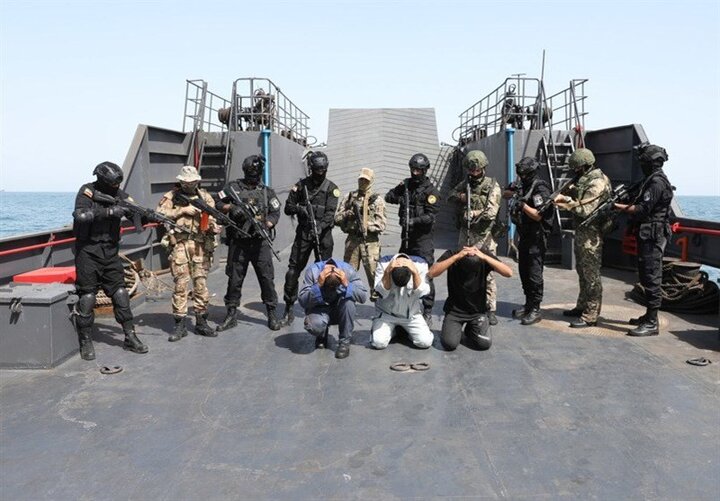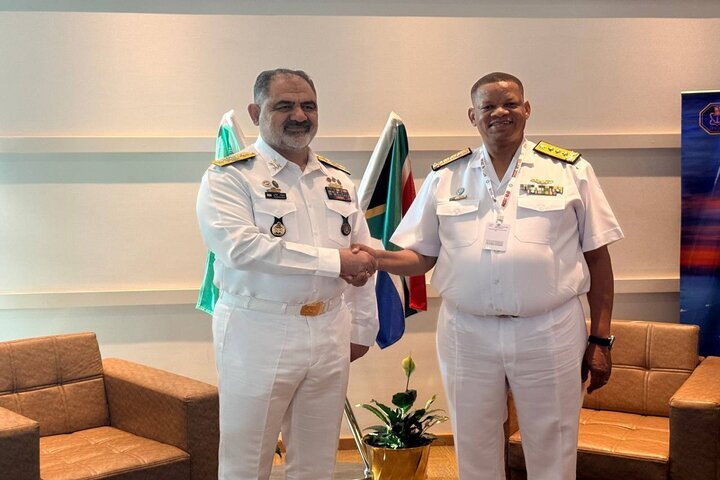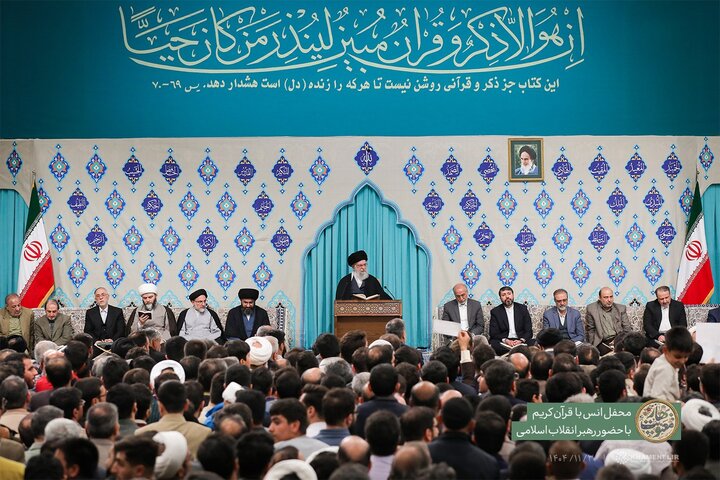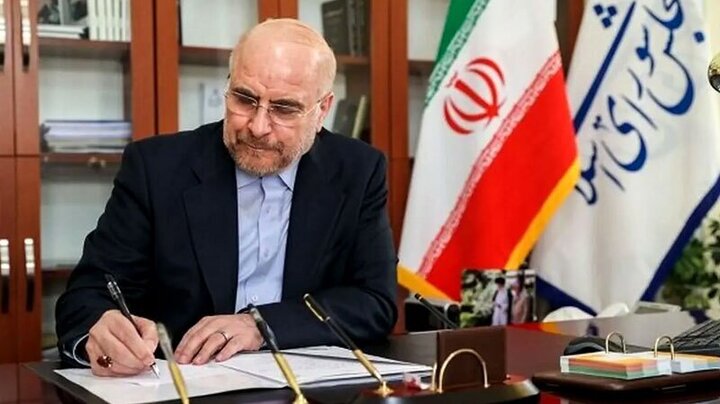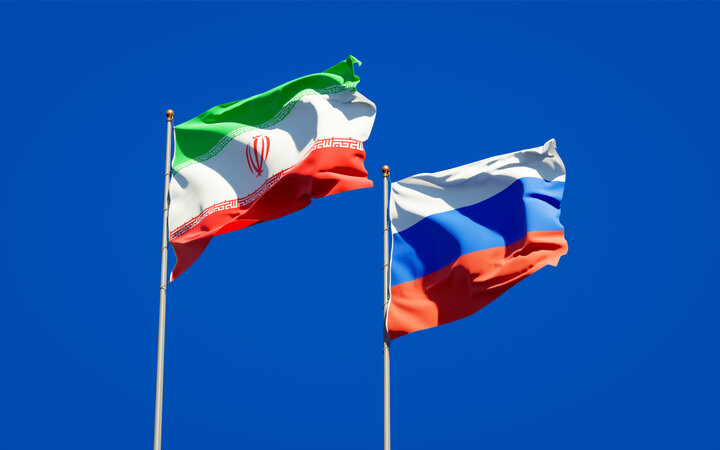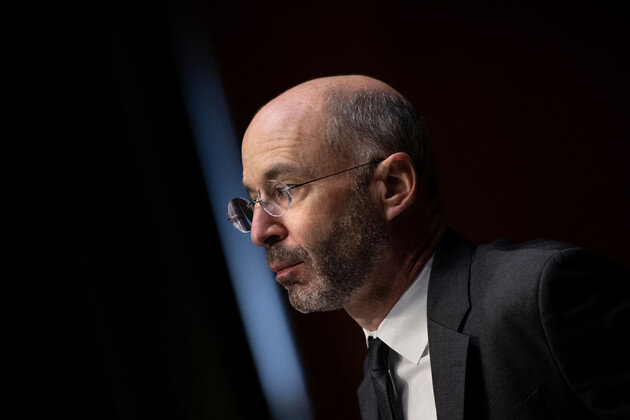
The track record of Malley in implementing the Biden administration’s Iran policy has been subject to diametrically opposed assessments. And this continued up until his mysterious dismissal amid an FBI-led investigation of his handling of the Iran file.
Earlier this month, the Tehran Times a glimpse into the circumstances under which Malley was placed on unpaid leave. Citing a source familiar with the matter, the Tehran Times reported that on April 21, Malley was informed by the Diplomatic Security Department that he had difficulty in preserving and maintaining classified documents, and his clearance was suspended.
The suspension of Malley’s security clearances caused an uproar among Republicans, with some even implicitly accusing him of treason. Michael McCaul, chair of the House Foreign Affairs Committee, said in an interview with CBS’s Face the Nation that if Malley “transferred intelligence and secrets to our foreign adversaries” that would amount to “treason.”
“There’s no proof of that, but if he did, that would be treason in my view,” McCaul said of Malley.
While Republicans continue to inveigh against Malley, some in the US and Iran portray the departure of Malley as a setback for the indirect talks between Iran and the US over the 2015 nuclear deal, officially known as the Joint Comprehensive Plan of Action (JCPOA).
But as the Tehran Times reported in September 2021, Malley is no dove on Iran. Right from the start, he sought to get some Iran hawks in Washington on board in his mission to further tighten the noose on Iran. He created the Group on Iran Policy, an informal platform intended to act as a brainstorming venue.
During the tenure of Malley, the US heaped more sanctions on Iran and threw its full weight behind the wave of unrest that gripped Iran in 2022, which indicate that the Biden administration seeks regime change in Iran. Malley implemented this policy wholeheartedly.
In fact, Malley was pursuing the same Iran policy as the Trump administration. According to the audiotape obtained by the Tehran Times, Malley admits that the revival of the JCPOA is only a starting point for working toward a “longer, stronger, and broader agreement.”
“Even if we are back in the deal, the deal, that is the first objective. But as the president said we are seeking a longer, stronger, broader agreement. It was our conclusion backed by our intelligence community and by the Europeans that we cannot jump over the JCPOA until the Iranians right away, which we are seeking a longer stronger deal. They would reject that and act in a way they have acted for the past few years so accelerate the nuclear program and their belligerence in the region to put pressure on us,” Malley is heard saying in the audio.
He added, “Once we are back in the JCPOA, we intend to [use] various tools to keep the pressure on Iran for its other forms of behavior whether its support for proxy groups, support for terrorist groups, their ballistic missiles program, their cyberattacks, their election interference, their human rights violations. So, we are maintaining our ability to put pressure, sanctions and otherwise on those issues.”
Malley’s remarks prove in no uncertain terms that he and the Biden administration were pursuing exactly the same Iran policy as the Trump administration, with the difference that Malley’s perceived softness on Iran makes it difficult to blame the US for the failure of Iran talks. This is while the US has been the main reason why, for instance, the prisoners swap deal negotiated recently came to nought.
In late June and early July, Iran and the US were on the cusp of making a deal on swapping prisoners in Oman. Iran was supposed to release three American prisoners. But the US conditioned the deal on releasing a fourth prisoner, named Shahab Dalili, something that stymied the whole bargain.
By Sadra Torabi
First published in Tehran Times
